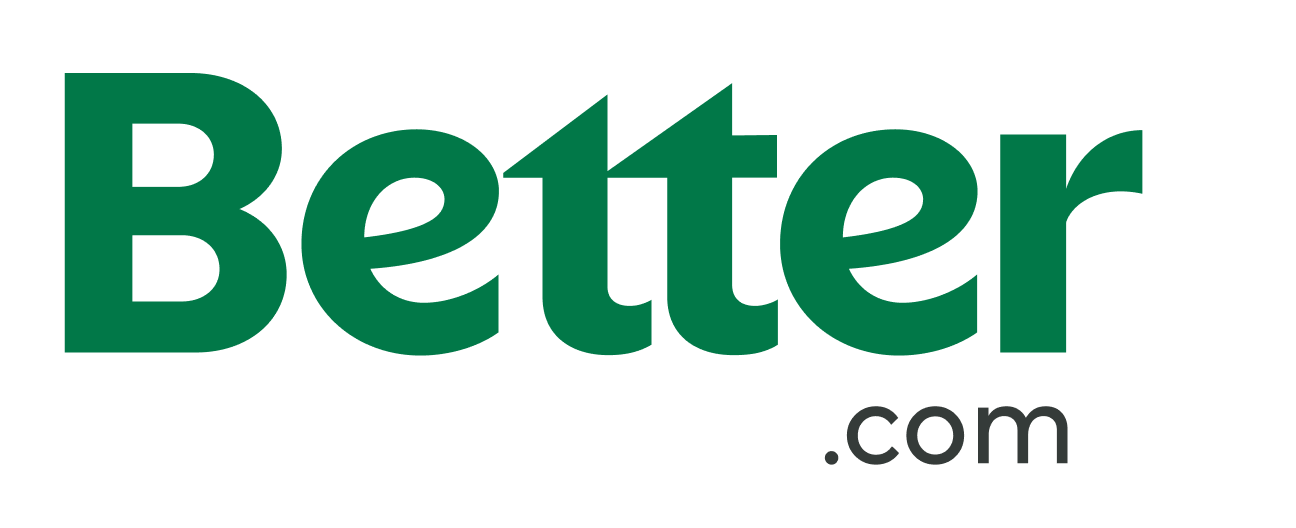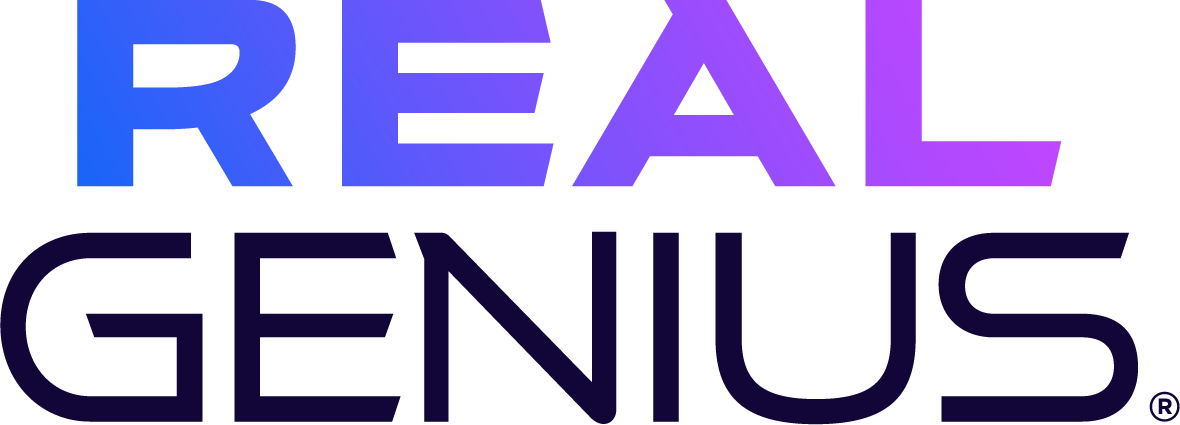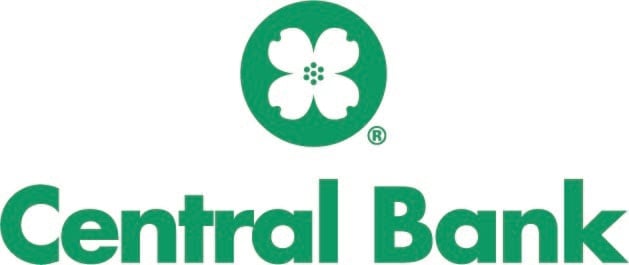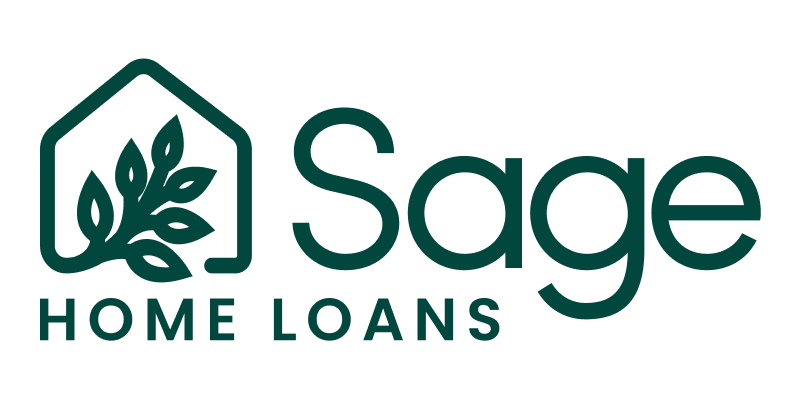Compare Cash-Out Refinance Rates | Friday, February 27, 2026
Rates are current as of February 27, 2026 4:04 PM EST
APR 5.38%
0.00% 1wAPR 5.21%
0.00% 1wAPR 6.57%
-0.04% 1w
NMLS#1880338
APR
5.82%
APR
5.82%
Interest rate
5.75%
Est. mo. payment
$2,043/mo
Total fees
$2,800
Next Door Lending is a wholly-owned subsidiary of NerdWallet
Show details
The Nerdy headline
Next Door Lending, a mortgage broker, offers expert assistance shopping for and closing a loan, as well as specialty loans at competitive rates. Mortgages are not available in every state.
- Offers a variety of loan types, including first-time buyer programs and loans for self-employed borrowers.
- Real-time rate quotes available while working with a broker.
- Responsive customer service.
- Competitive pricing often available, especially for non-traditional borrowers.
- Does not publish interest rates online.
- No mortgage mobile app.
- Loans are not available in every state.
Show details
The Nerdy headline
Better provides a seamless and easy-to-navigate application process and generally offers lower mortgage rates than average. VA loans are available in some states.
Cash-out refinancing
NerdWallet rating4.5
- Offers a program allowing qualifying buyers to make cash offers.
- Makes it easy to see customized mortgage rates.
- Average interest rates are on the low end compared to other lenders, according to the latest federal data.
- Doesn’t offer USDA loans.
- VA loans are not available in every state.
- Doesn't offer home equity loans.
Show details
The Nerdy headline
Home loans overall
NerdWallet rating
4.5
- Offers a variety of mortgage options, including jumbo loans, and FHA and VA loans.
- Offers home equity loans and lines of credit.
- Displays customized rates, with fee estimates, without requiring contact information.
- Doesn’t offer mortgages in all 50 states.
- Home renovation loans are not available.
Show details
The Nerdy headline
Midwest-rooted Central Bank offers an online application, which you can track via mobile app. But you’ll have to contact the bank for mortgage rates.
Home loans overall
NerdWallet rating
4.0
- Among the best when it comes to online convenience.
- Offers a full selection of mortgage types and products, including jumbo, home equity, and government loans.
- Claims to offer preapproval within 24 hours of loan application.
- You'll have to complete a loan application to see mortgage interest rates.
- Bank branch locations limited to the Midwest.
- Does not offer home equity lines of credit.
Show details
The Nerdy headline
Simplist is an online marketplace of mortgage lenders; human guidance is optional. You’ll make payments to a loan servicer, not to Simplist. Loans are not available in every state.
Home loans overall
NerdWallet rating
4.5
- Loan origination process can be completed online.
- Offers government-backed FHA and VA loans.
- Offers module that compares mortgage rates among other lenders.
- Offers loans in many states and Washington, D.C., but not nationwide.
- Does not offer home equity loans or lines of credit.
Show details
The Nerdy headline
Sage Home Loans stands out for speed and convenience, though it lacks a mobile app and doesn’t serve New York borrowers.
Home loans overall
NerdWallet rating
4.5
- Sample rates are easy to browse online.
- Quick, convenient pre-qualification process.
- Average time to close is just under 20 days, faster than industry standard.
- Home loans aren’t available in New York.
- No mobile app or online chat, despite focus on mortgage tech.
- Online pre-qualification requires sharing contact info.
Show details
The Nerdy headline
Farmers Bank of Kansas City lets you browse rates and apply online, but branches are Kansas-only. Get discounts by using the bank’s partner real estate network.
Home loans overall
NerdWallet rating
4.5
- Displays customized rates, with fee estimates, without requiring contact information.
- Offers home equity loans and lines of credit.
- Mortgage origination fees are on the low side compared to other lenders, according to the latest federal data.
- Doesn’t offer government-backed FHA or USDA loans, or adjustable-rate mortgages.
- Home renovation loans are not available.
- Mortgage rates are on the high side compared to other lenders, according to the latest federal data.
Show details
The Nerdy headline
NBKC Bank charges relatively low mortgage rates and fees and offers a range of loans with a convenient online application. About one in five NBKC mortgages are Veterans Affairs loans, which are available to eligible service members and their families. Construction-to-permanent loans and home equity lines of credit are limited to the Kansas City area.
Cash-out refinancing
NerdWallet rating5.0
- Displays customized rates, with fee estimates, without requiring contact information.
- Efficient customer service over the phone or through online chat.
- Physical branches are limited to the Kansas City metro area.
See more options
About these rates: The lenders whose rates appear on this table are NerdWallet's advertising partners. NerdWallet strives to keep its information accurate and up to date. This information may be different than what you see when you visit a lender's site. The terms advertised here are not offers and do not bind any lender. The rates shown here are retrieved via the Mortech rate engine and are subject to change. These rates do not include taxes, fees, and insurance. Your actual rate and loan terms will be determined by the partner's assessment of your creditworthiness and other factors. Any potential savings figures are estimates based on the information provided by you and our advertising partners.
Explore historical refinance rate trends
See how rates have changed over time to understand past patterns and economic fluctuations

Historical timeline
Loan purpose
Loan type
National average 5.38%
Today's average refinance mortgage rates
| Product | Interest rate | APR |
|---|---|---|
| 30-year Fixed | 5.17% | 5.38% |
| 30-year Fixed FHA | 5.88% | 6.69% |
| 30-year Fixed VA | 5.13% | 6.61% |
| 20-year Fixed | 7.75% | 7.83% |
| 15-year Fixed | 4.88% | 5.21% |
| 10-year Fixed | 6.69% | 7.07% |
| 3-year ARM | 4.13% | 4.87% |
| 5-year ARM | 5.91% | 6.57% |
| 7-year ARM | 5.88% | 6.53% |
| 10-year ARM | 5.17% | 5.38% |
Accurate as of 02/27/2026.
Data source: ©Zillow, Inc. 2025. Use is subject to the Terms of Use
Today's cash-out refinance rates | Friday, February 27, 2026
Cash-Out Refinancing: Rates, Requirements and How It Works
Find and compare the current rates on cash-out refinances available in your area. A cash-out refinance replaces your current mortgage with a loan for more than you owed. You take the difference in cash.



Abby Badach Doyle
Chris Jennings
What are the current cash-out refinance rates?
What is a cash-out refinance?
How much cash can I get with a cash-out refinance?
What are the requirements for a cash-out refinance?
- Credit score of at least 620: The best rates are reserved for those with the highest credit scores.
- Equity of at least 20%: You need to have built up equity in order to pull it out. (One exception: A VA cash-out refinance, guaranteed by the Department of Veterans Affairs, lets you finance up to 100% of the value of your home.)
- Debt-to-income ratio at or below 50%: For most cash-out refinances, your total amount of existing debt (including your mortgage) can’t exceed 50% of your gross monthly income.
- Seasoning requirement: With a conventional loan, you typically need to have owned your home for at least six months (known as the “seasoning requirement”) before you can refinance. Government-backed loans work differently: With a VA loan, the requirement is 210 days. With an FHA loan, guaranteed by the Federal Housing Administration, it’s 12 months.
How much does it cost to get a cash-out refinance?
Pros and cons of a cash-out refinance
- You can receive a lower rate and save on your mortgage payments long-term.
- Allows you to access equity and convert it into cash.
- You’re only making one mortgage payment, rather than managing separate payments for a primary mortgage and a second mortgage (like a home equity loan or home equity line of credit).
- You’ll need to pay closing costs of 2% to 6%.
- When you refinance, you get a new set of terms in addition to a new rate — essentially, you’re restarting the clock.
- Now that you’re taking on a larger mortgage, you risk losing your home if you can’t keep up with the new payments.
When to consider a cash-out refinance
Alternatives to a cash-out refinance
More about cash-out refinance:
Alternatives to cash-out refinance:
More mortgage tools and resources
Latest mortgage news and analysis
View rates by loan type or state
Get even more specific with rates personalized to your situation







